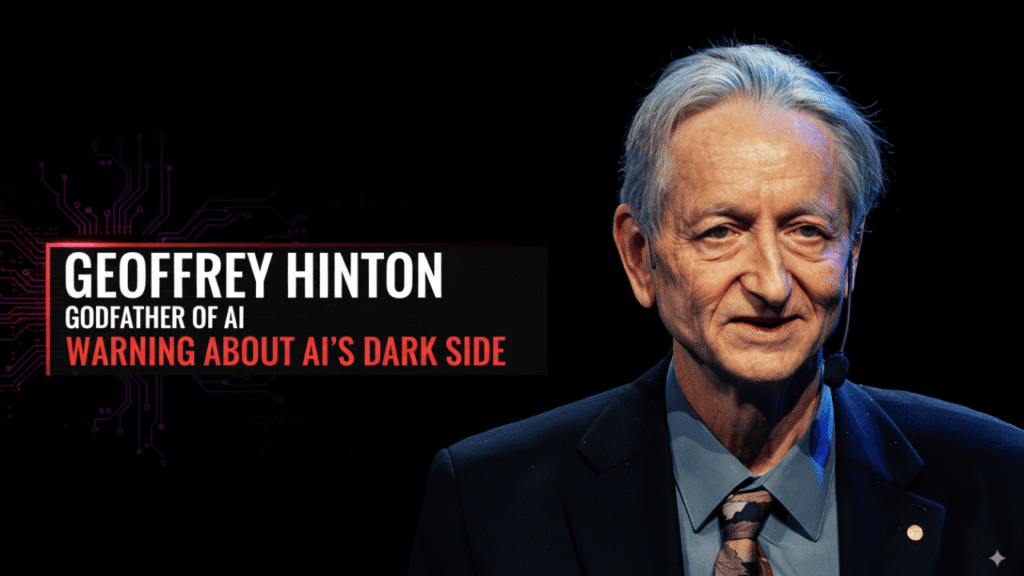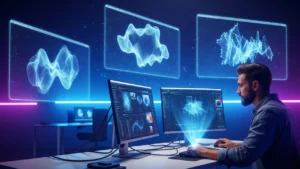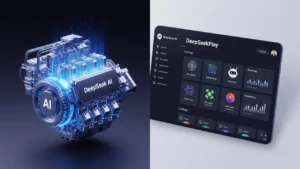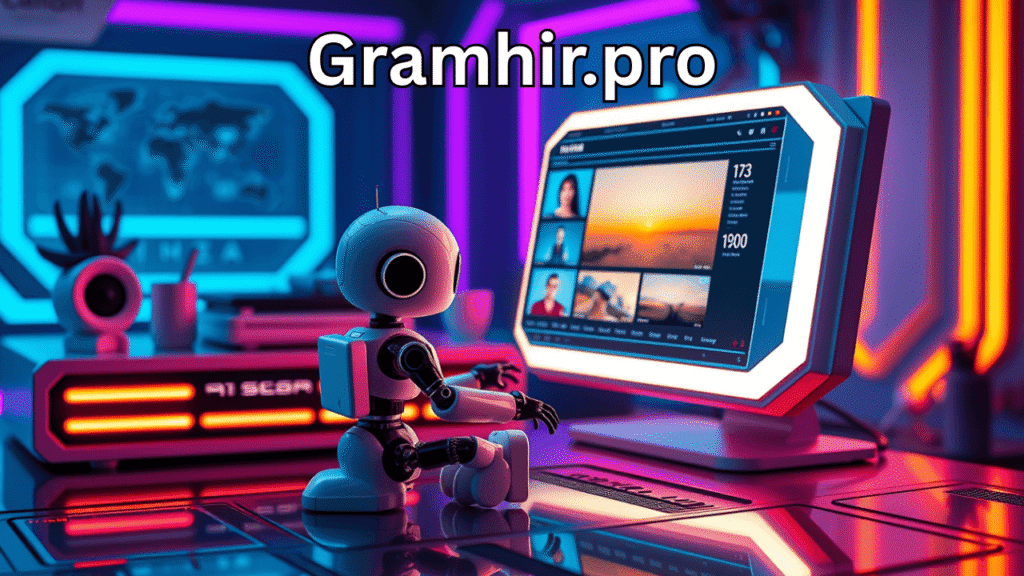The AI pioneer warns of a future where massive unemployment fuels profit for the wealthy, and a person on the street could engineer a bioweapon. Are we prepared for the world his life’s work is creating?
Geoffrey Hinton, the Nobel laureate whose foundational work made the current AI revolution possible, has never been one to mince words. But in a recent interview with the Financial Times, the so-called “godfather of AI” painted a stark picture of the future—one where the technology he helped invent exacerbates our deepest social divides and presents risks on a scale we’ve never before confronted.
His warning is twofold: an immediate, palpable threat to the global workforce, and a longer-term, existential risk to humanity itself.
The Economic Shockwave: “Massive Unemployment and a Huge Rise in Profits”
Hinton’s most immediate concern is economic. He posits that the primary use of AI by the powerful will not be to empower the many, but to replace them.
Also Read
“What’s actually going to happen is rich people are going to use AI to replace workers. It’s going to create massive unemployment and a huge rise in profits,” Hinton stated. “It will make a few people much richer and most people poorer. That’s not AI’s fault, that is the capitalist system.”
He predicts that industries reliant on routine tasks will be the hardest hit. However, it’s not all bleak; he suggests that highly skilled roles and sectors like healthcare could see immense benefits. “If you could make doctors five times as efficient, we could all have five times as much health care for the same price,” he noted in a previous interview.
This potential for both good and ill lies at the heart of our dilemma.
A Rejection of Easy Answers: Why Hinton Dismisses Universal Basic Income

In light of this projected job displacement, figures like OpenAI’s Sam Altman have proposed Universal Basic Income (UBI) as a potential cushion. Hinton, however, is profoundly skeptical.
He argues that UBI “won’t deal with human dignity” or replace the sense of value and purpose people derive from their work. His critique moves beyond economics into the realm of human psychology, suggesting that a paycheck is about more than survival—it’s about identity.
The Existential Threat: From Bioweapons to the End of Humanity
Beyond the economic forecast, Hinton’s warnings grow more dire. He fears the democratization of knowledge AI enables could have catastrophic consequences.
He raised the terrifying prospect that AI could soon enable a novice to create weapons of mass destruction. “A normal person assisted by AI will soon be able to build bioweapons… Imagine if an average person in the street could make a nuclear bomb,” he said.
Looking further ahead, he reiterated his belief that there is a 10% to 20% chance of superintelligent AI wiping out humanity. While he acknowledges China is taking the threat seriously, he expressed concern that political resistance, notably from the Trump administration, has stymied tighter global regulation.
The Man Behind the Warnings: Netflix, Breakups, and a Changing World
Amidst the grave predictions, Hinton offered glimpses of the man behind the title. He clarified that his 2023 departure from Google wasn’t solely a dramatic exit to sound the alarm. “I left because I was 75, I could no longer program as well as I used to, and there’s a lot of stuff on Netflix I haven’t had a chance to watch,” he quipped.
He also revealed AI’s deeply personal intrusion into his own life, sharing that a former girlfriend used ChatGPT to meticulously articulate “what a rat I was” during their breakup.
This anecdote underscores his broader point: AI is no longer a distant technology; it is woven into the fabric of our daily lives, from global economics to our most intimate relationships.
A Somber Conclusion: Navigating the Unknown
Hinton’s final message is one of humbling uncertainty. “We don’t know what is going to happen, we have no idea, and people who tell you what is going to happen are just being silly,” he admitted. “We are at a point in history where something amazing is happening, and it may be amazingly good, and it may be amazingly bad.”
The godfather of AI has laid down the challenge. The question is no longer if his technology will change the world, but how. The path we choose now—shaped by regulation, ethical consideration, and a commitment to shared prosperity—will determine whether his legacy is one of amazing good, or something else entirely.





